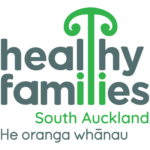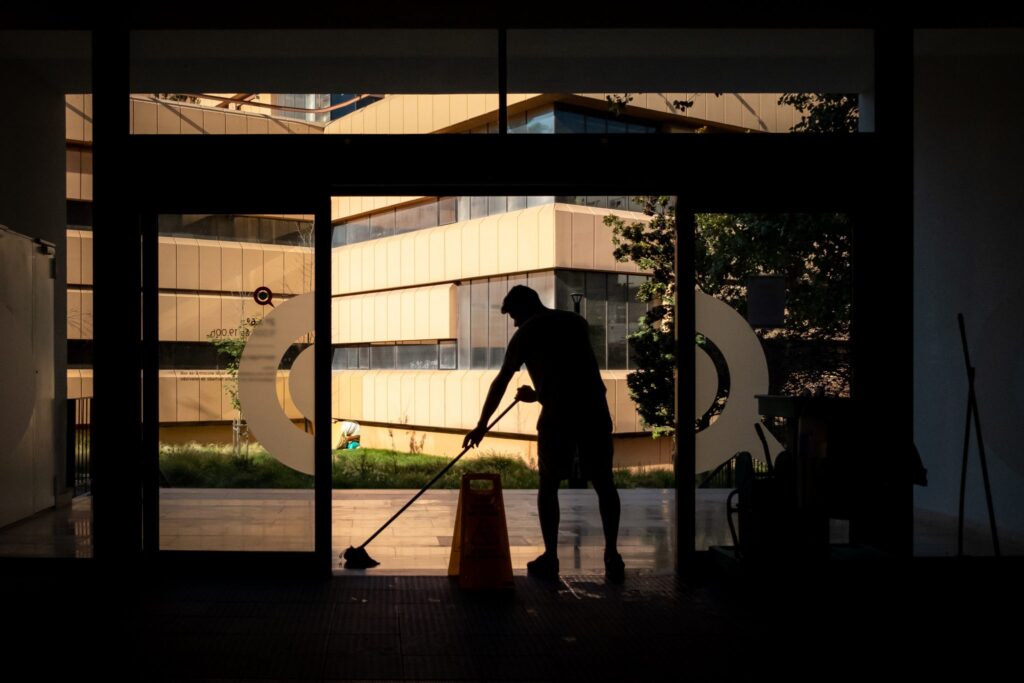
It was last year in April that Rose Kavapalu became an unsung hero of the COVID-19 pandemic.
“I was at work at the time so I didn’t know it was going to happen, but Jacinda Ardern said in her daily press conference that we should appreciate cleaners as essential workers,” Rose says.
The Prime Minister was referring to Rose working as the lone cleaner at the Otahuhu Police Station. Rose was working 13 hour shifts to keep the station safe for the 220 police officers based there.
“It was a total shock but it was great to hear that cleaners were recognised as essential, and by the Prime Minister no less.”
Rose has worked in the cleaning industry for over 16 years and says while the Prime Minister and police may recognise the work of cleaners, some New Zealanders have a lesser view of them.
“I love saying I am a cleaner and have gained a wealth of knowledge and skills from it. I know I play a part in protecting the health and safety of others through my work, so I give it a hundred percent.”
“But I also know it is a job that is labelled as being an unskilled profession or simply done by people who are not smart enough to do something else.”
Business owner and cleaner Terina Haehae says that the stereotype of cleaners needs to change. Terina owns and operates Gold Service Cleaners in Canterbury.
The Cleaning Industry in Tamaki Makaurau is a recent report undertaken by the Auckland Regional Public Health Service (ARPHS). It showed that despite being the 12th largest employing industry in Auckland with over 12,000 workers, the cleaning industry is greatly undervalued by consumers and the wider public.
“I do believe that cleaners are undervalued and play a bigger role in society than society gives them credit for,” Terina says.
“Cleaners create hygienically clean workplaces, public spaces and in large businesses like supermarkets. Put simply, without cleaners we would find ourselves with much more viruses and illnesses in the community.”
Terina says that experienced cleaners like Rose should be regarded as experts in sanitation and hygiene.
“A good cleaner will know which chemical products are safe to use in which setting. They will have knowledge and skill to eradicate levels of grime and dirt and make sure that they’re not moving germs and bacteria around like most people do when they clean their own bathroom.”
The Cleaning Industry in Tamaki Makaurau report focused on the health and wellbeing of cleaners in the Auckland region. It noted that all industry stakeholders viewed paying fairer incomes to cleaners as potentially making the biggest difference to their health and wellbeing.
But cost-focused contracts are identified as a big problem in the industry. These result in unrealistic contract pricing and puts legitimate cleaning businesses in competition against poorly trained or “cowboy” outfits. For the workforce that means low pay, long hours or unrealistic workloads.
Rose Kavapalu says that she has to work a second job outside of cleaning to make ends meet.
“There was a change in the tender so I now work part-time in the morning and work a retail job in the evening to support my family,” she says.
“The procurement of contracts in cleaning has a culture of being a race to the bottom, and that the cheapest contract will win. That means the workforce, no matter how skilled we are, will rarely see wage increases.”
A cross-sectoral cleaning industry group organised by ARPHS – and supported by Healthy Families South Auckland and Healthy Families Waitakere – agrees that a better procurement process is needed to help increase wages and training for the workforce.
“If your toilet is broken and you ring your plumber, and the plumber says it will cost a thousand dollars, you don’t immediately start to haggle your plumber down to the lowest number,” says Nicole Oxenbridge, co-owner of Freshdesk in Auckland.
“The type of negotiating over cleaning contracts has created a negative effect on the industry which flows down to the general public. There needs to be better understanding from other industries that a hygienically clean workplace is essential to the health and wellbeing of their own staff and customers.”
Rose hopes that the industry can make the shift in procurement so that cleaning is a viable career for future generations.
“We are an essential part of day-to-day life, even though you don’t see us. I hope that a pathway for a better procurement process can lead to better pay, better training and better wellbeing to those essential workers in the future.”
